A Man Cutting Vegetables With A Knife
Vegetables are one of the most important foods that provide the body with a lot of nutrients, but did you know that the way we cut and peel vegetables affects their nutrient content?
Here are some helpful tips from dietitian Garmeya Goyal to preserve nutrients when chopping or peeling vegetables, the Indian Express reported:
- Wash vegetables thoroughly
Washing before cutting or peeling is the right way not only to remove the dirt and harmful bacteria found on the outer layer of vegetables, but also to retain all the vitamins in it. Washing vegetables after chopping or peeling may result in the loss of beneficial water-soluble vitamins.
- Do not use a non-sharp knife
Several studies have suggested that vegetables may be damaged if cut with a non-sharp knife. A non-sharp knife is more likely to cause unwanted damage than a sharp knife. The blunt knife blade makes vegetables more vulnerable to electrolyte, potassium and calcium leaks. This leakage, in turn, increases the production of bad smells.
- Peeling
Experts recommend peeling vegetables in a way that is too thin to lose the beneficial content of nutrients. It is recommended to use a special peeling tool and not to use the knife in peeling because of the difficulty of controlling the thickness of the crust.
- Cutting method
Experts recommend avoiding cutting vegetables very smoothly, as this chopping method makes chopped vegetables more vulnerable to rapid damage, as well as losing moisture and natural color, thereby reducing their nutritional content.
- Do not peel some vegetables completely
Try not to peel the whole vegetables and keep some crust to get the most out of some edible crust vegetables such as cucumbers, tomatoes and potatoes.
Video by Kelly Lacy from Pexels
-
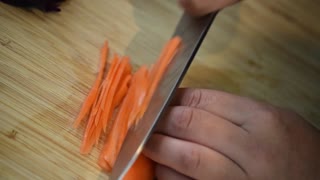 0:59
0:59
food & beverage videos
3 years agovegetables cutting skills
47 -
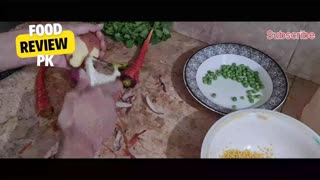 7:26
7:26
FOOD RECIPES WITH BEENA FATMA
1 year agoHow to make vegetables cutting
22 -
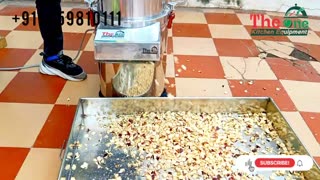 2:58
2:58
Danammh
6 months agoVegetable Cutting -vegetable chopper-onion slicer
23 -
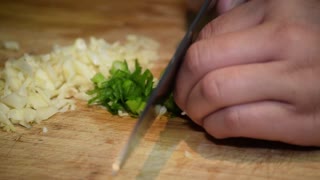 0:14
0:14
Abuelfotuh
3 years agoFastest vegetable slicing
661 -
 15:46
15:46
yaqoobmagsi
9 months agoHow To Peel And Slice Fruits And Vegetables Like A Pro 😎
1 -
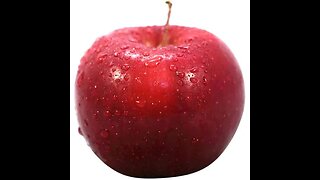 15:46
15:46
razawaqas
9 months agoHow To Peel And Slice Fruits And Vegetables Like A Pro 😎
6 -
 7:58
7:58
Vince'sKitchen
1 year agoTaking Frozen Veggies to the Next Level
20 -
 0:59
0:59
Products
11 months agoVegetable Slicer Cutter Chopper
10 -
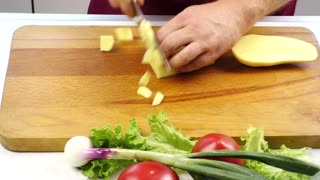 1:12
1:12
freshbox
6 years agoCooking Potatoes Food Vegetables Cutting Potatoes Kitchen Taste
661 -
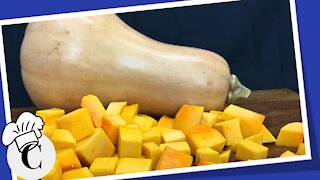 4:42
4:42
Cooking Lessons for Dad
3 years ago $0.03 earnedHow to Peel and Cut a Butternut Squash! The Easiest Method!
148